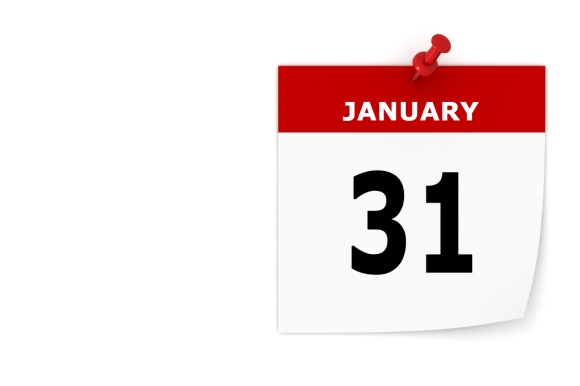Should I quit my job? Here’s some advice for those considering making a move!

Research carried out by UK-based business, Crunch, determines that the 31st of January is statistically the most popular day for us Brits to quit our jobs.
It makes sense! With Christmas out of the way and New Year’s Resolutions in full swing, it’s likely that jobs and career choices will be at the forefront of people’s minds. Not to mention the fact that according to PsychCentral, January is also statistically the most depressing month of the year. So, what better way to dispel those January blues than to focus on your career and find a new job!
When considering job opportunities, it is vital to stay grounded and avoid acting impulsively. As recruiters we see so many people leave their jobs on a whim and then struggle to find a new job and career path. So, to avoid financial instability and the need to rush the job search, we would advise finding a new job before you leave your old one!
We’ve composed some quick tips below that will be useful if you’re looking to leave your workplace in pursuit of a new job.
Why should I stay?
- Longevity – if you’ve only been at your current employer for a short amount of time, avoid leaving too soon – this may worry other employers and be seen as a sign of unreliability
- Promotion – the longer you’re with a company and the harder you work, the more likely you are to achieve a promotion – this will look excellent on your CV and allow you to apply for more senior positions in the future
- Training – if your current employer is able to offer you additional training courses or professional development opportunities then take them! This will again add to your value when you do look for another job
Why should I leave?
- Culture – if the company culture just isn’t right for you, you may understandably want to leave – although it’s worth staying with your current employer until you’ve found a new job that’s right for you
- Lack of progression – this is often the most popular reason that people leave and rightly so! Make sure your next role is a clear step-up and look for specific skills that you can learn and add to your CV
- Self-employment – going self-employed is bound to be an exciting move, but make sure to gain as much as you can from your current employer before leaving, you need to make sure that you’re as financially-stable and skilled as possible before taking the leap
- Industry – many people work in multiple industries throughout their career, before making the move try and gain as much relevant experience from your current employer as possible – this will make it a lot easier to transition in the future
Things to consider for your next job:
- Salary – make a step up! Be confident in your value and look to increase your salary in order to develop and progress your career
- Location – if you are required to travel further afield then make sure the salary matches the extra commute. Also, if you are willing to commute a bit further, employers will probably be impressed by your dedication
- Culture – make sure the culture matches your personality – this will be different for everyone and will be easier to determine at interview stage
- Job Role – research the job role in detail, look for specific skills that you can transfer and one’s that you can gain in the position
- Career Development – what are your long term objectives? Will this next job help you to achieve them?
What to include in your resignation letter:
- State what position you’re leaving
- State how much notice you will give (this will be detailed in your contract)
- Thank your employer for everything they have offered you (even if you don’t think they have, it’s polite to do so and they will be writing your reference!)
- Wish the business good luck
- Speak to your line manager one-on-one – be friendly, professional and grateful and make sure to talk through the reasons for your departure to avoid any hostility and awkwardness – after all, the world of business can be very small and you don’t want to give anyone a reason to speak negatively of you in the future
If you’re looking to leave your current role, take a look at our Jobs page to view our current jobs. And if you’re looking for any more advice on leaving a job or starting a new one, send us an email at jobs@thompsonandterry.co.uk with your CV attached – and good luck!
- Abingdon
- Abingdon Recruitment Agency
- Career
- Career Path
- Careers
- Careers Advice
- Handing in my notice
- Job
- Jobs
- Letter of Resignation
- New Career
- new job
- New Position
- Opportunity
- Oxford Recruitment
- Oxfordshire Recruitment Agency
- Quitting my job
- Recruiting
- Recruitment
- Recruitment Agency Abingdon
- Recruitment Agency Oxford
- Resignation

